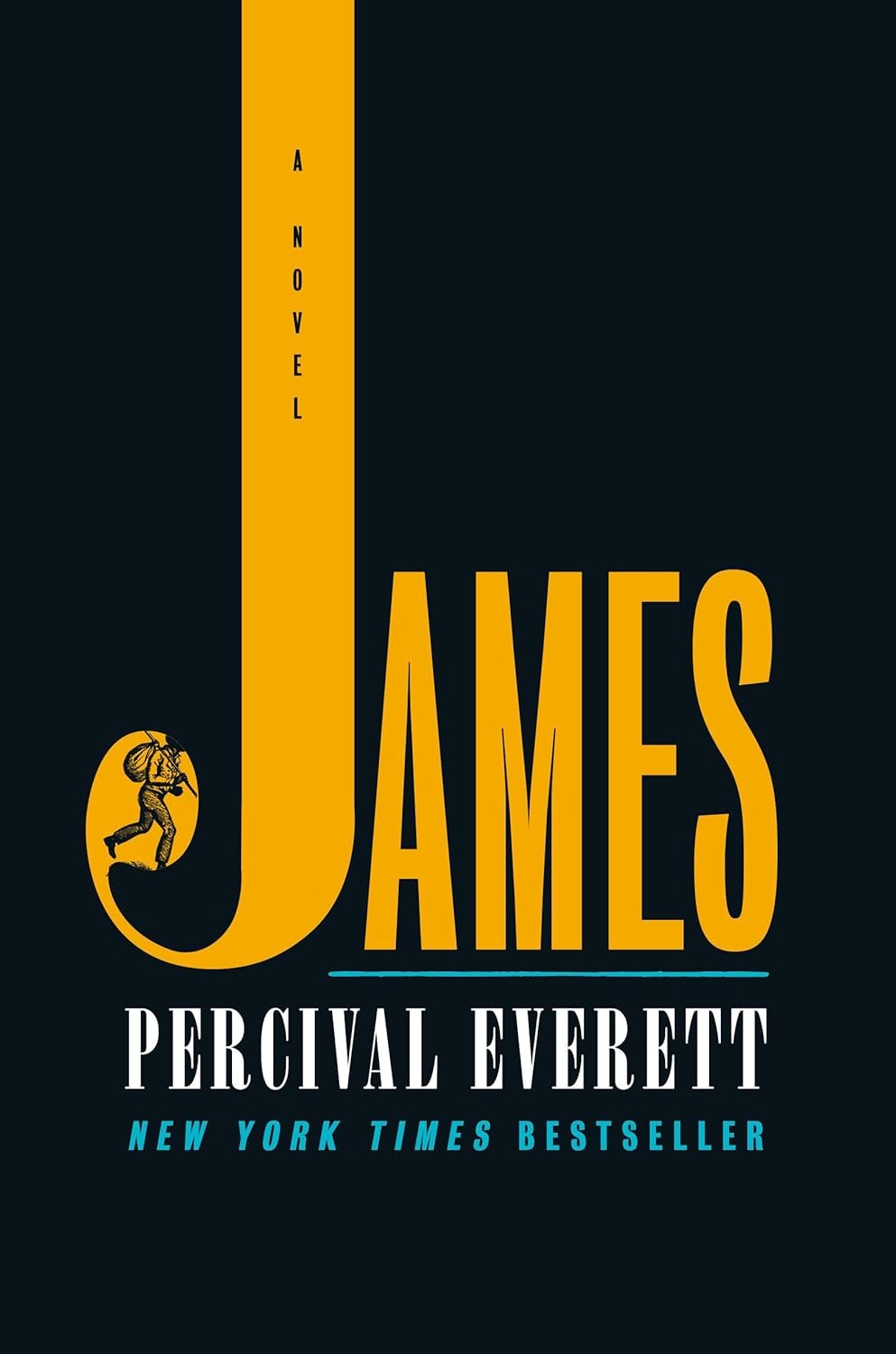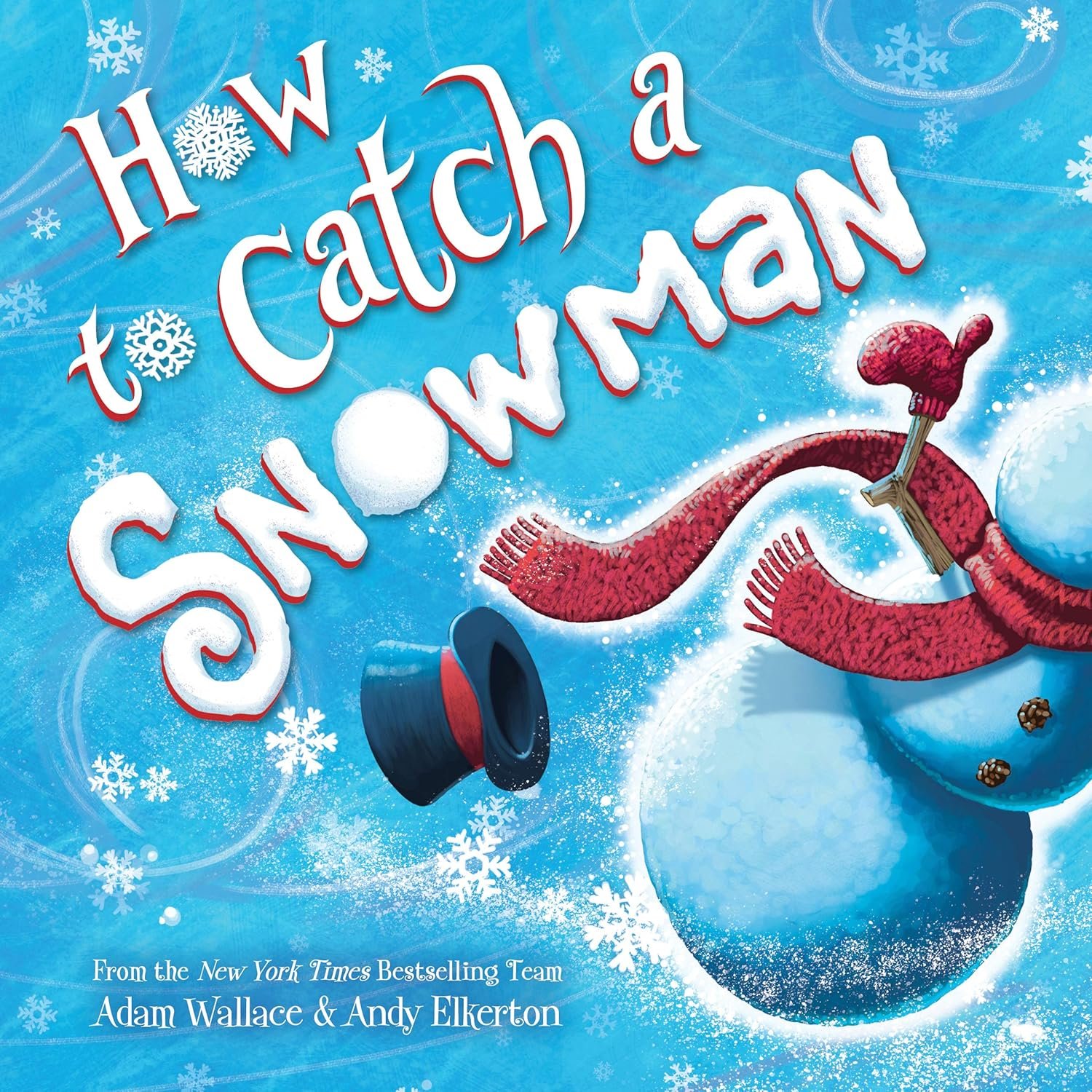AΘE alpha, theta, epsilon. In Greek it stands for of the Athenians, or the children of Athena.
Achelous a potamus, or river god
Alcyoneus the eldest of the giants born to Gaea, destined to fight Pluto
Amazons a nation of all-female warriors
Aphrodite the Greek goddess of love and beauty. She was married to Hephaestus, but she loved Ares, the god of war. Roman form: Venus
Arachne a weaver who claimed to have skills superior to Athena’s. This angered the goddess, who destroyed Arachne’s tapestry and loom. Arachne hung herself, and Athena brought her back to life as a spider.
Archimedes a Greek mathematician, physicist, engineer, inventor, and astronomer who lived between 287 and 212 BCE and is regarded as one of the leading scientists in classical antiquity
Ares the Greek god of war; the son of Zeus and Hera, and half brother to Athena. Roman form: Mars
argentum silver
Argo II the fantastical ship built by Leo, which can both sail and fly and has Festus’s bronze dragon head as its figurehead. The ship was named after the Argo, the vessel used by a band of Greek heroes who accompanied Jason on his quest to find the Golden Fleece.
Athena the Greek goddess of wisdom. Roman form: Minerva
Athena Parthenos a giant statue of Athena: the most famous Greek statue of all time
augury a sign of something coming, an omen; the practice of divining the future
aurum gold
Bacchus the Roman god of wine and revelry. Greek form: Dionysus
ballista (ballistae, pl.) a Roman missile siege weapon that launched a large projectile at a distant target (see also Scorpion ballista)
Bellona a Roman goddess of war
Camp Half-Blood the training ground for Greek demigods, located on Long Island, New York
Camp Jupiter the training ground for Roman demigods, located between the Oakland Hills and the Berkeley Hills, in California
Celestial bronze a rare metal deadly to monsters centaur a race of creatures that is half human, half horse centurion an officer of the Roman army
Ceres the Roman goddess of agriculture. Greek form: Demeter
charmspeak a blessing bestowed by Aphrodite on her children that enables them to persuade others with their voice
chiton a Greek garment; a sleeveless piece of linen or wool secured at the shoulders by brooches and at the waist by a belt
Chrysaor the brother of Pegasus, the son of Poseidon and Medusa; known as “the Gold Sword”
Circe a Greek sorceress. In ancient times, she turned Odysseus’s crew into swine.
Colosseum an elliptical amphitheater in the center of Rome, Italy. Capable of seating 50,000 spectators, the Colosseum was used for gladiatorial contests and public spectacles such as mock sea battles, animal hunts, executions, re- enactments of famous battles, and dramas.
cornucopia a large horn-shaped container overflowing with edibles or wealth in some form. The cornucopia was created when Heracles (Roman: Hercules) wrestled with the river god Achelous and wrenched off one of his horns.
Cyclops a member of a primordial race of giants (Cyclopes, pl.), each with a single eye in the middle of his or her forehead
Daedalus in Greek mythology, a skilled craftsman who created the Labyrinth on Crete in which the Minotaur (part man, part bull) was kept
Deianira Heracles’s second wife. She was of such striking beauty that both Heracles and Achelous wanted to marry her and there was a contest to win her hand. The centaur Nessus tricked her into killing Heracles by dipping his tunic in what she thought was a love potion but was actually Nessus’s poisonous blood.
Demeter the Greek goddess of agriculture, a daughter of the Titans Rhea and Kronos. Roman form: Ceres
denarius (denarii, pl.) the most common coin in the Roman currency system
Dionysus the Greek god of wine and revelry, a son of Zeus. Roman form: Bacchus
Doors of Death a well-hidden passageway that when open allows souls to travel from the Underworld to the world of mortals
drachma the silver coin of Ancient Greece
drakon gigantic serpent
eidolon possessing spirit
Ephialtes and Otis twin giants, sons of Gaea
Epirus a region presently in northwestern Greece and southern Albania
Faunn a grandson of Perseus, who, through the favor of Hera, inherited the kingship of Mycenae, which Zeus had intended for Heracles
faun a Roman forest god, part goat and part man. Greek form: satyr
Fortuna the Roman goddess of fortune and good luck. Greek form: Tyche
Forum The Roman Forum was the center of ancient Rome, a plaza where Romans conducted business, trials, and religious activities.
Gaea the Greek earth goddess; mother of Titans, giants, Cyclopes, and other monsters. Roman form: Terra
gladius a short sword
Gorgons three monstrous sisters who have hair of living, venomous snakes.
The most famous, Medusa, had eyes that turned the beholder to stone.
greaves shin armor
Greek fire an incendiary weapon used in naval battles because it can continue burning in water
Hades the Greek god of death and riches. Roman form: Pluto
Hadrian a Roman Emperor who ruled from 117 to 138 CE. He is best known for building Hadrian’s Wall, which marked the northern limit of Roman Britain. In Rome, he rebuilt the Pantheon and constructed the Temple of Venus and Roma.
Hagno a nymph who is said to have brought up Zeus. On Mount Lycaeus in Arcadia there was a well sacred to and named after her.
harpy a winged female creature that snatches things
Hebe the goddess of youth; the daughter of Zeus and Hera, and married to Heracles. Roman form: Juventas
Hephaestus the Greek god of fire and crafts and of blacksmiths; the son of Zeus and Hera, and married to Aphrodite. Roman form: Vulcan
Hera the Greek goddess of marriage; Zeus’s wife and sister. Roman form: Juno
Heracles the Greek equivalent of Hercules; the son of Zeus and Alcmene; the strongest of all mortals
Hercules the Roman equivalent of Heracles; the son of Jupiter and Alcmene, who was born with great strength
hippocampi creatures that from the waist up have the body of a horse and from the waist down have silvery fish bodies, with glistening scales and rainbow tail fins. They were used to draw Poseidon’s chariot, and sea foam was created by their movement.
hippodrome a Greek stadium for horse racing and chariot racing
House of Hades an underground temple in Epirus, Greece, dedicated to the Hades and Persephone, sometimes called a necromanteion, or “oracle of death.” Ancient Greeks believed it marked one entrance to the Underworld, and pilgrims would go there to commune with the dead.
hypogeum the area under a coliseum that housed set pieces and machinery used for special effects
ichthyocentaur a fish-centaur described as having the forefeet of a horse, a human torso and head, and a fish tail. It is sometimes shown with a pair of lobster-claw horns.
Imperial gold a rare metal deadly to monsters, consecrated at the Pantheon; its existence was a closely guarded secret of the emperors
Invidia the Roman goddess of revenge. Greek form: Nemesis
Iris the Greek rainbow goddess and a messenger of the gods; the daughter of Thaumas and Electra. Roman form: Iris
Juno the Roman goddess of women, marriage, and fertility; sister and wife of Jupiter; mother of Mars. Greek form: Hera
Jupiter the Roman king of the gods; also called Jupiter Optimus Maximus (the best and the greatest). Greek form: Zeus
Juventas the Roman goddess of youth. Greek form: Hebe
Kalends of July the first day of July, which was sacred to Juno
karpoi grain spirits
Katoptris Piper’s dagger, once owned by Helen of Troy. The word means “looking glass.”
Keto the Greek goddess of sea monsters and large sea creatures, such as whales and sharks. She is the daughter of Gaea and the sister-wife of Phorcys, god of the dangers of the sea.
Khione the Greek goddess of snow; daughter of Boreas
Kronos the Greek god of agriculture, the son of Uranus and Gaea and the father of Zeus. Roman form: Saturn
Lar a house god, ancestral spirit of Rome (Lares, pl.).
Lupa the sacred Roman she-wolf that nursed the foundling twins Romulus and Remus
Marcus Agrippa a Roman statesman and general; defense minister to Octavian, and responsible for most of his military victories. He commissioned the Pantheon as a temple to all the gods of Ancient Rome.
Mare Nostrum Latin for Our Sea, was a Roman name for the Mediterranean Sea
Mars the Roman god of war; also called Mars Ultor. Patron of the empire; divine father of Romulus and Remus. Greek form: Ares
Minerva the Roman goddess of wisdom. Greek form: Athena Minotaur a monster with the head of a bull on the body of a man Mist a magic force that disguises things from mortals
Mithras Originally a Persian god of the sun, Mithras was worshipped by Roman warriors as a guardian of arms and a patron of soldiers.
muskeg bog
Narcissus a Greek hunter who was renowned for his beauty. He was exceptionally proud and disdained those who loved him. Nemesis saw this and attracted Narcissus to a pool where he saw his reflection in the water and fell in love with it. Unable to leave the beauty of his reflection, Narcissus died.
Nemesis the Greek goddess of revenge. Roman form: Invidia
Neptune the Roman god of the sea. Greek form: Poseidon
Nereids fifty female sea spirits; patrons of sailors and fishermen and
caretakers of the sea’s bounty
Nessus a crafty centaur who tricked Deianira into killing Heracles
New Rome a community near Camp Jupiter where demigods can live together in peace, without interference from mortals or monsters
Nike the Greek goddess of strength, speed, and victory. Roman form: Victoria
nymph a female nature deity who animates nature
nymphaeum a shrine to nymphs
Pantheon a building in Rome, Italy, commissioned by Marcus Agrippa as a temple to all the gods of Ancient Rome, and rebuilt by Emperor Hadrian in about 126 CE
pater Latin for father; also the name of an ancient Roman god of the Underworld, later subsumed by Pluto
pauldron a piece of plate armor for the shoulder and the upper part of the arm Pegasus In Greek mythology, a winged divine horse; sired by Poseidon, in his role as horse-god, and foaled by the Gorgon Medusa; the brother of
Chrysaor
Persephone the Greek queen of the Underworld; wife of Hades; daughter of Zeus and Demeter. Roman form: Proserpine
Phorcys In Greek mythology, a primordial god of the dangers of the sea; son of Gaea; brother-husband of Keto
Piazza Navona a city square in Rome, built on the site of the Stadium of Domitian, where Ancient Romans watched competitive games
Pluto the Roman god of death and riches. Greek form: Hades
Polybotes the giant son of Gaea, the Earth Mother
Pomerian Line the boundary around New Rome, and in ancient times, the city limits of Rome
Porphyrion the king of the Giants in Greek and Roman mythology
Poseidon the Greek god of the sea; son of the Titans Kronos and Rhea, and brother of Zeus and Hades. Roman form: Neptune
praetor an elected Roman magistrate and commander of the army
Proserpine Roman queen of the Underworld. Greek form: Persephone
Rhea Silvia a priestess and mother of the twins Romulus and Remus, who founded Rome
Riptide the name of Percy Jackson’s sword (Anaklusmos in Greek)
Romulus and Remus the twin sons of Mars and the priestess Rhea Silvia. They were thrown into the River Tiber by their human father, Amulius, and rescued and raised by a she-wolf. Upon reaching adulthood, they founded Rome.
Saturn the Roman god of agriculture; the son of Uranus and Gaea, and the father of Jupiter. Greek form: Kronos
satyr a Greek forest god, part goat and part man. Roman equivalent: faun
Scorpion ballista a Roman missile siege weapon that launched a large projectile at a distant target
Senatus Populusque Romanus (SPQR) meaning “The Senate and People of Rome,” refers to the government of the Roman Republic and is used as an official emblem of Rome
skolopendra a gargantuan Greek sea monster with hairy nostrils, a flat crayfish-like tail, and rows of webbed feet lining its flanks
Stymphalian birds in Greek mythology, man-eating birds with bronze beaks and sharp metallic feathers they could launch at their victims; sacred to Ares, the god of war
Sybilline Books a collection of prophecies in rhyme written in Greek. Tarquinius Superbus, a king of Rome, bought them from a prophetess named Sibyl and consulted them in times of great danger.
Tartarus husband of Gaea; spirit of the abyss; father of the giants
telkhines mysterious sea demons and smiths native to the islands of Kaos and Rhodes; children of Thalassa and Pontus; they had flippers instead of hands and dogs’ heads and were known as fish children
Terminus the Roman god of boundaries and landmarks Terra the Roman goddess of the Earth. Greek form: Gaea Thanatos the Greek god of death. Roman form: Letus
thyrsus Bacchus’s weapon, a staff topped by a pinecone and twined with ivy
Tiber River the third-longest river in Italy. Rome was founded on its banks.
In Ancient Rome, executed criminals were thrown into the river.
Tiberius was Roman Emperor from 14 CE to 37 CE. He was one of Rome’s greatest generals, but he came to be remembered as a reclusive and somber ruler who never really wanted to be emperor.
Titans a race of powerful Greek deities, descendants of Gaia and Uranus,
who ruled during the Golden Age and were overthrown by a race of younger gods, the Olympians
Trevi Fountain a fountain in the Trevi district in Rome. Standing more than eighty-five feet high and sixty-five feet wide, it is the largest Baroque fountain in the city and one of the most famous fountains in the world.
trireme an Ancient Greek or Roman warship, having three tiers of oars on each side
Tyche the Greek goddess of good luck; daughter of Hermes and Aphrodite.
Roman form: Fortuna
Venus the Roman goddess of love and beauty. She was married to Vulcan, but she loved Mars, the god of war. Greek form: Aphrodite
Vestal Virgins Roman priestesses of Vesta, goddess of the hearth. The Vestals were free of the usual social obligations to marry and bear children and took a vow of chastity in order to devote themselves to the study and observance of ritual.
Via Labicana an ancient road of Italy, leading east-southeast from Rome
Via Principalis the main street in a Roman camp or fort
Victoria the Roman goddess of strength, speed, and victory. Greek form: Nike
Vulcan the Roman god of fire and crafts and of blacksmiths; the son of Jupiter and Juno, and married to Venus. Greek form: Hephaestus
Wolf House a ruined mansion, originally commissioned by Jack London near Sonoma, California, where Percy Jackson was trained as a Roman demigod by Lupa
Zeus Greek god of the sky and king of the gods. Roman form: Jupiter
The Heroes of Olympus, Book Four THE HOUSE OF HADES
Praise for Percy Jackson and the Olympians by Rick Riordan:
“Perfectly paced, with electrifying moments chasing each other like heartbeats.”
—The New York Times Book Review
“In a feat worthy of his heroic subjects, Riordan crafts a sequel stronger than his compelling debut.”
—Publishers Weekly (starred review)
“All in all, a winner of Olympic proportions.”
—School Library Journal
The Battle of the Labyrinth
“Look no further for the next Harry Potter; meet Percy Jackson, as legions of fans already have.”
—Kirkus Reviews (starred review)
“The hordes of young readers who have devoured Rick Riordan’s books…will no doubt gulp down this concluding volume as greedily as they would a plateful of ambrosia, or maybe pizza.”
—The Wall Street Journal
Praise for The Kane Chronicles by Rick Riordan:
The Red Pyramid
“The first volume in the Kane Chronicles, this fantasy adventure delivers what fans loved about the Percy Jackson and the Olympians series: young protagonists with previously unsuspected magical powers, a riveting story marked by headlong adventure, a complex background rooted in ancient mythology, and wry, witty twenty-first-century narration.”
—Booklist (starred review)
“A truly original take on Egyptian mythology…A must-have book.”
—School Library Journal (starred review)
“Riordan fans young and old will eat this new book up.”
—The New York Times Book Review
The Throne of Fire
“…Riordan kickstarts the action, never lets up on the gas, balances laughs and losses with a sure hand, and expertly sets up the coming climactic struggle without (thankfully) ending on a cliff-hanger.
It’s a grand ride so far, showing nary a sign of slowing down.”
—School Library Journal (starred review)
“Riordan combines hard-hitting action scenes, powerful magic, and comic relief with the internal waves of love, jealousy, and self-doubt that make his young heroes so very human.”
—Booklist
The Serpent’s Shadow
“[The] epic battle and the quiet concluding chapters glow, alternating heroism and humanity, with any trace of bombast erased by the wry wit of the alternating narrators, Sadie and Carter . . . powered by Riordan’s talent for creating vividly written action scenes and his ability to keep a complicated story moving, this volume brings the Kane Chronicles series to a rousing conclusion.”
—Booklist
“Beyond the explosive action and fireworks, Riordan deftly develops the theme of the duality of the universe—order versus chaos, living a normal life versus risking the extraordinary, being protected by parents versus growing up and stepping out of their shadows. A rousing adventure with plenty of magic and food for thought.”
—Kirkus Reviews
Praise for The Heroes of Olympus by Rick Riordan:
Book One: The Lost Hero
“Percy Jackson fans can rest easy: this first book in Riordan’s Heroes of Olympus spin-off series is a fast-paced adventure with enough familiar elements to immediately hook those eager to revisit his modern world of mythological mayhem. Rotating among his three protagonists, Riordan’s storytelling is as polished as ever, brimming with wit, action, and heart—his devotees won’t be disappointed.”
—Publishers Weekly
“Riordan [maximizes] the elements that made the first series so popular: irreverent heroes, plenty of tension-filled moments fighting monsters, and authentic classical mythology mixed in with modern life. Completely in control of pacing and tone, he balances a faultless comic banter against deeper notes that reveal the characters’ vulnerabilities. With Percy Jackson slated to make an appearance in later volumes, fans nostalgic for the old books should find in this new series everything they’ve been pining for.”
—Horn Book
Book Two: The Son of Neptune
“Riordan’s seamless weaving of various cultural mythologies into a modern landscape continues to shine in [The] Son of Neptune. As in previous books, the plot is engrossing, the characters robust and compelling. Percy, Frank, and Hazel alternate as narrators without missing a beat of pace, suspense, or humor. Readers will find themselves automatically consumed by the story without having read the first book, though some knowledge of Percy’s previous adventures will help fill in minor gaps of background information. [The] Son of Neptune is yet another absorbing and exciting addition to Riordan’s chronicles.”
—VOYA(starred review)
“Should pacing and wit continue unabated into the third volume, whose foretold European setting promises further freshness, fans will eagerly await numbers four and five.”
—Kirkus Reviews





